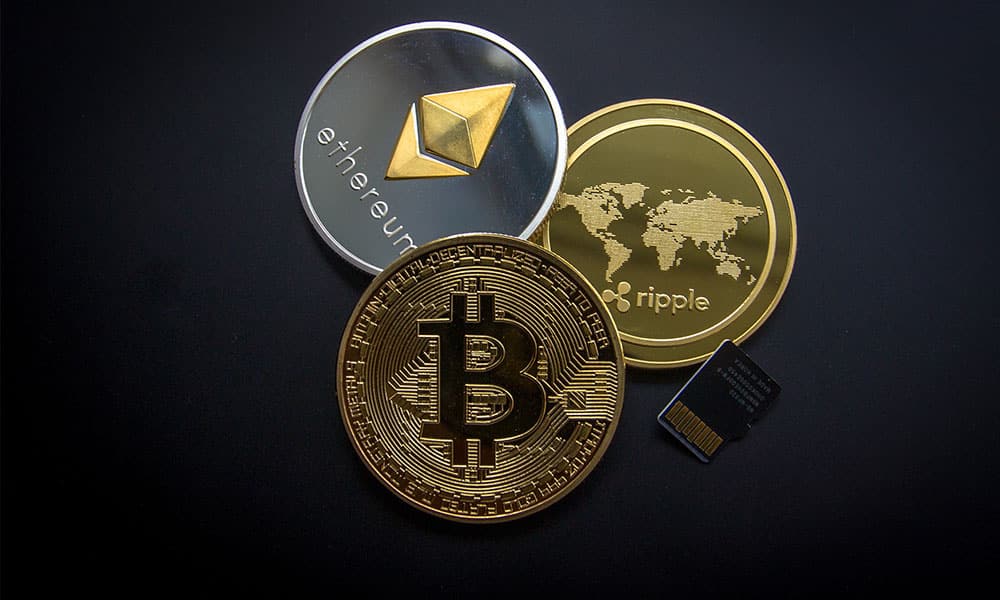The industry has been hit hard by the recent economic crisis in Turkey, with the value of the Turkish Lira plummeting and inflation soaring. The situation has been made worse by the US-Turkey trade dispute, which has led to tariffs on a range of Turkish exports, including meat. In response to these challenges, many companies in the Turkish meat industry have started to accept bitcoin and other cryptocurrencies as payment. You can visit immediateprofit.io to buy and sell cryptocurrencies. In addition, cryptocurrencies are not affected by currency fluctuations or import tariffs, making them attractive for businesses looking to protect their bottom line. Cryptocurrencies are also becoming increasingly popular among consumers in Turkey. It is because they offer an alternative to the Turkish Lira, which has lost a significant amount of its value in recent months. Accepting bitcoin and other cryptocurrencies are also helping businesses in the Turkish meat industry tap into new markets. For example, many Turkish companies are now selling their products to customers in Bitcoin-friendly countries like Japan and South Korea.
The Turkish meat industry is facing significant challenges, but it is clear that bitcoin and other cryptocurrencies are providing some much-needed relief.
4 Ways how bitcoin affected the meat industry of Turkey
Bitcoin has had a profound impact on the meat industry in Turkey. Here are eight ways how:
1. Bitcoin has made it easier for Turkish consumers to buy meat online:
Before bitcoin, it was difficult for Turkish consumers to buy meat online because there were no reliable payment processors available in Turkey. However, with the introduction of bitcoin, Turkish consumers can now use bitcoin to pay for meat products from reputable online butchers.
2. Bitcoin has made it easier for Turkish butchers to sell meat online:
Before bitcoin, it was difficult for Turkish butchers to sell meat online because there were no reliable payment processors available in Turkey.
3. Bitcoin has made it easier for Turkish farmers to sell meat online:
Before bitcoin, it was difficult for Turkish farmers to sell meat online because there were no reliable payment processors available in Turkey. However, with the introduction of bitcoin, Turkish farmers can now use bitcoin to sell meat products to consumers worldwide.
4. Bitcoin has made it easier for Turkish supermarkets to sell meat online:
Before bitcoin, it was difficult for Turkish supermarkets to sell meat online because there were no reliable payment processors available in Turkey.
Negatives of bitcoin that affected the meat industry of Turkey
- Lack of trust: In the early days of Bitcoin, there was a lot of skepticism among people about whether it was a reliable form of currency or not. This lack of trust led to many people not using Bitcoin, which affected the meat industry in Turkey.
- Volatility: The value of Bitcoin is highly volatile, which means that it can fluctuate a lot in a short period. This volatility makes it difficult for meat businesses to accept Bitcoin as a form of payment, as they never know how much it will be worth in the future.
- Limited acceptance: Not many meat businesses in Turkey accept Bitcoin as a payment form, limiting its usefulness. It means that people who want to use Bitcoin to buy meat have to go through a third-party service, which can be expensive and impractical.
- Lack of regulation: Bitcoin is not regulated by any government or financial institution, which some people see as a positive thing and others see as a negative. This lack of regulation means that there is no one to turn to if something goes wrong with Bitcoin, which can be a problem for businesses that accept it.
- Difficulty in using: Bitcoin works can be confusing for some people, which means they may not want to use it. It can be a problem for the meat industry in Turkey, as many people may not know how to buy meat with Bitcoin.
Conclusion:
While Bitcoin has had some harmful repercussions for Turkey’s meat sector, it has also had many good consequences. These include making it easier for consumers to buy meat online, making it easier for butchers to sell meat online, making it easier for farmers to sell meat online, and making it easier for supermarkets to sell meat online.
